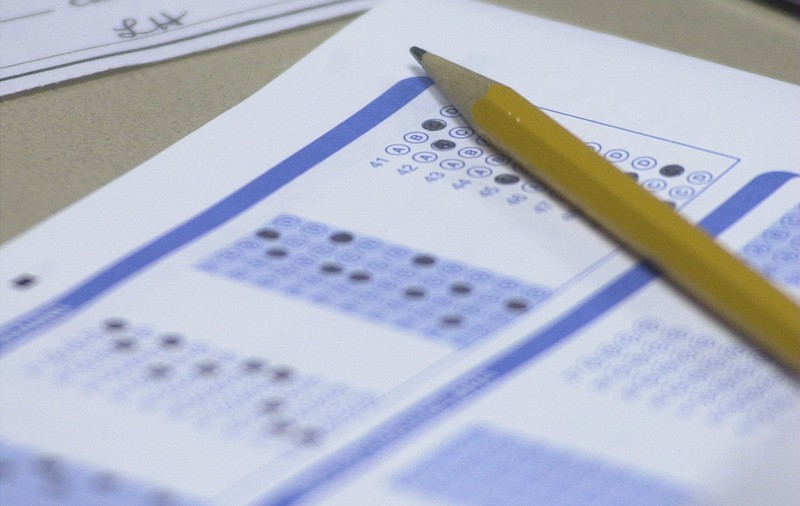Read more
Tennessee ACT scores remain static
Five weeks ago, we learned Hamilton County public school students tested below average on state tests. Now comes results from this year's round of ACT tests - the exams used by colleges to evaluate their applicants - and the news isn't much better.
Nationally, composite ACT scores were flat in 2015 compared to 2014 (dropping from 21.1 last year to 21 this year out of a possible 36).
Tennessee's scores climbed incrementally from 19.5 to 19.8, but lowering the national average is not a good way for the Volunteer State to catch up.
ACT Chief Executive Officer Jon Whitmore called the results a "wake-up call." They aptly should be labeled a national crisis.
Nationally, average ACT scores fell over the five years (2011-2015) in English and math, stayed the same in science and rose a tenth of a point in reading. In Tennessee, scores rose in all four subjects from a tenth of a point to a half of a point. That's progress, but barely.
When a new version of the American College Testing exam was introduced in 1990, the national composite average first rose to 21.0 in 1997. Tennessee first reached 19.8 in 1998. Thus, students now have stagnated nationally for 18 years and in Tennessee for 17 years.
In year over year improvement, Tennessee's black students increased their composite scores a tenth of a point from 2014 to 2015 and three-tenths of a point over five years. Hispanics increased their scores two-tenths of a point from 2014 to 2015 and three-tenths of a point over five years. Whites increased their scores a tenth of a point from 2014 to 2015 and four-tenths of a point over five years.
Although the increases are tiny, they at least show no disparity among races in improvement.
It's a different story in benchmarks that show if students are prepared for success in college courses. Although only 20 percent of all students in Tennessee met the benchmarks in the four tested areas, white students met them almost twice as often as Hispanics (25 percent to 13 percent) and more than six times as often as black students (25 percent to 4 percent).
In other results, blacks and Hispanics were strongest in science and weakest in English, while whites were strongest in reading and weakest in math. And male students had higher composite scores than female students nationally (21.1 to 21.0), but females had the edge (20.0-19.7) in Tennessee. Female students both nationally and in Tennessee had better scores than male students in English and reading, while males outdid the females nationally and in Tennessee in math and science.
Standardized tests, of course, are not the whole measure of a student, but they do give a snapshot of a student's learning in the core courses.
Tennessee's 2015 ACT profile suggests, among other things, that core curriculum (English, math, reading and science) be made a priority and that students take the right kinds of courses (i.e., more math and science, and courses in those subject areas with more rigor).
Surely the results our students are producing on both state and college-admittance tests should shake up parents, principals, teachers, school district Superintendent Rick Smith and the Board of Education.
